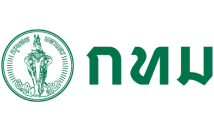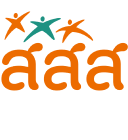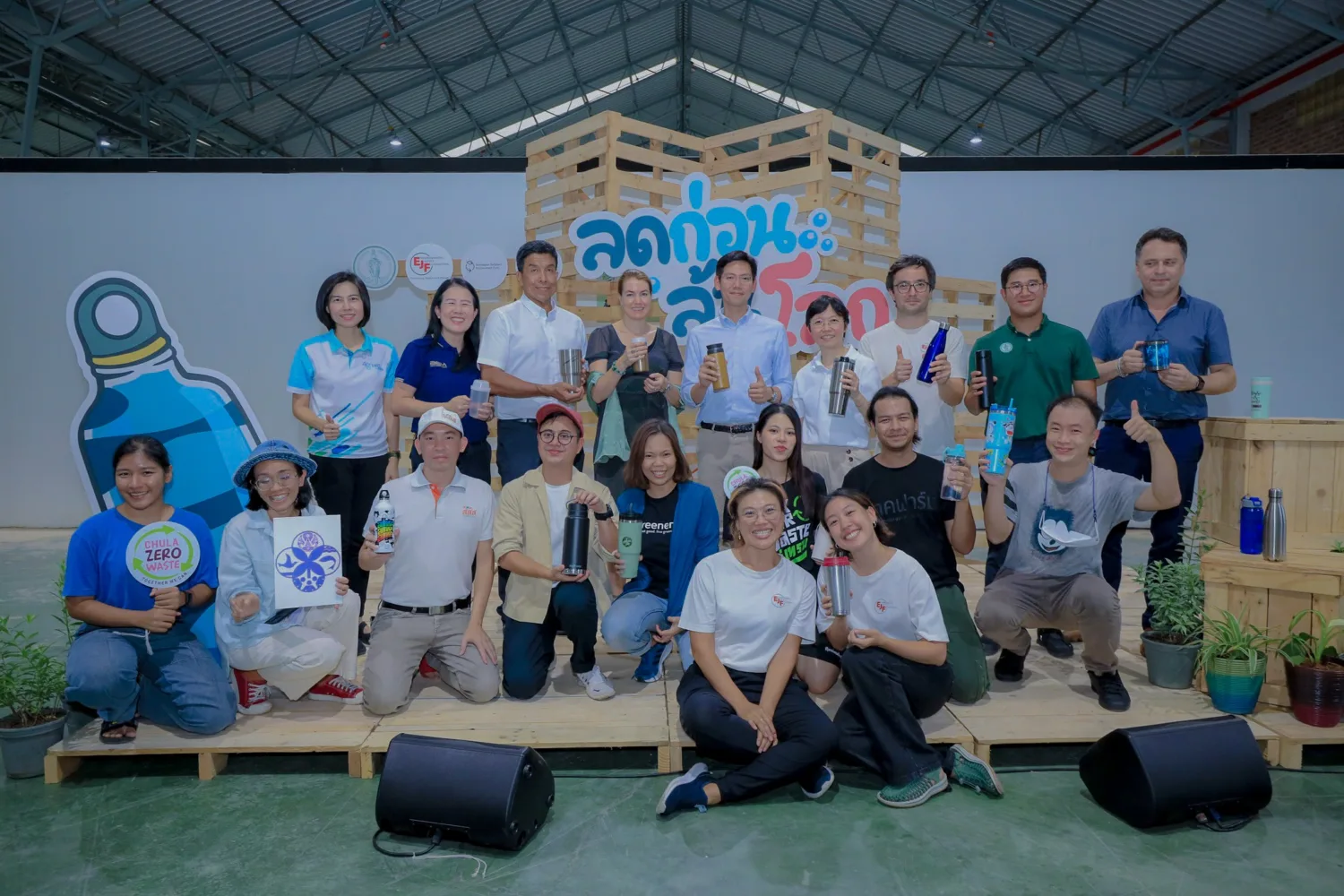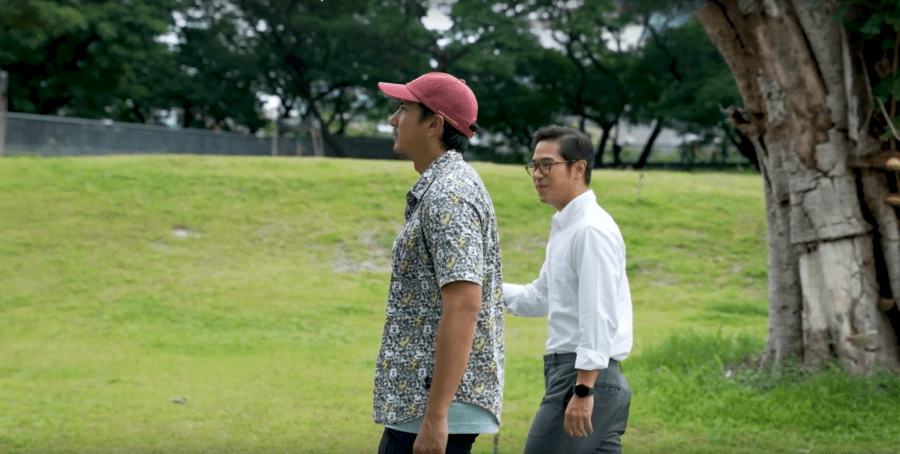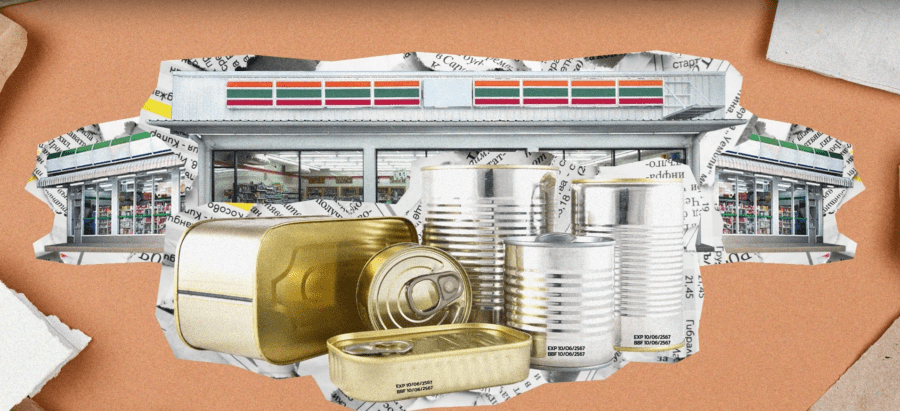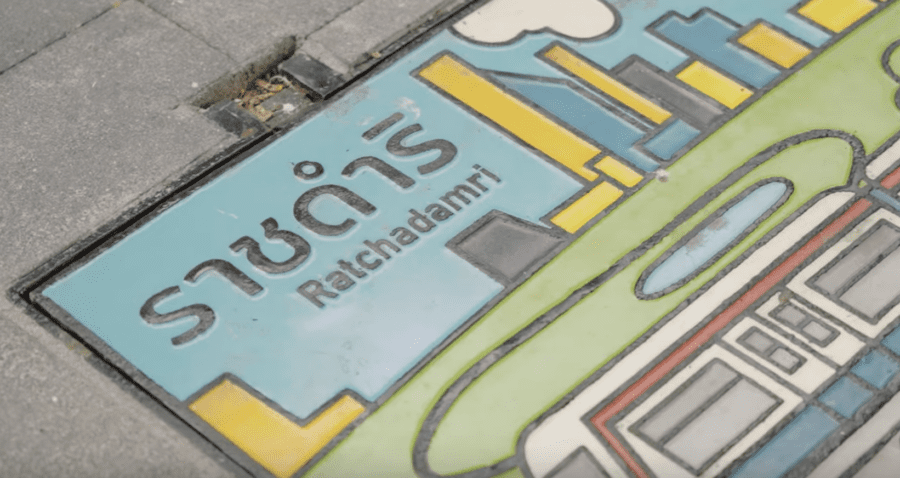Since 2019, the Environmental Justice Foundation (EJF) has been working to end plastic pollution and ensure clean, sustainable oceans. Bottle Free Seas (BFS) was born with this goal in mind, and in just one year, the project has reduced the use of more than 1 million single-use plastic bottles!
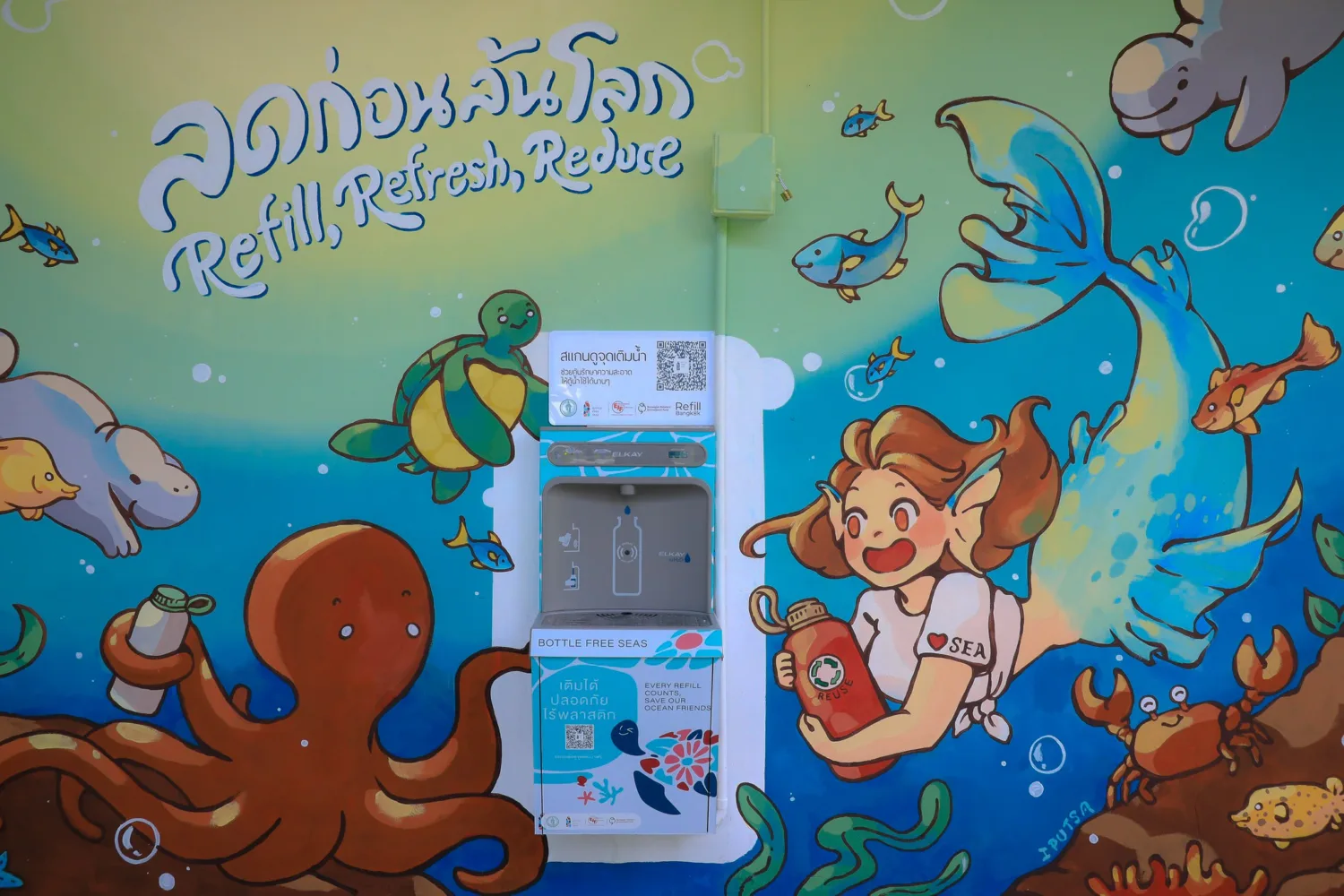
The Bottle Free Seas project was designed specifically to meet the needs of Bangkok residents. EJF's survey found that Bangkokians are more willing to use water refilling stations if they have access to them. This led to the installation of public water refilling stations across the city, in collaboration with the Bangkok Metropolitan Administration (BMA) and the Refill Bangkok network, to provide clean, safe, accessible, and sustainable drinking water options for Bangkok residents.
To date, the Bottle Free Seas project has installed 10 water refill stations with one single goal: to reduce the use of single-use plastics.
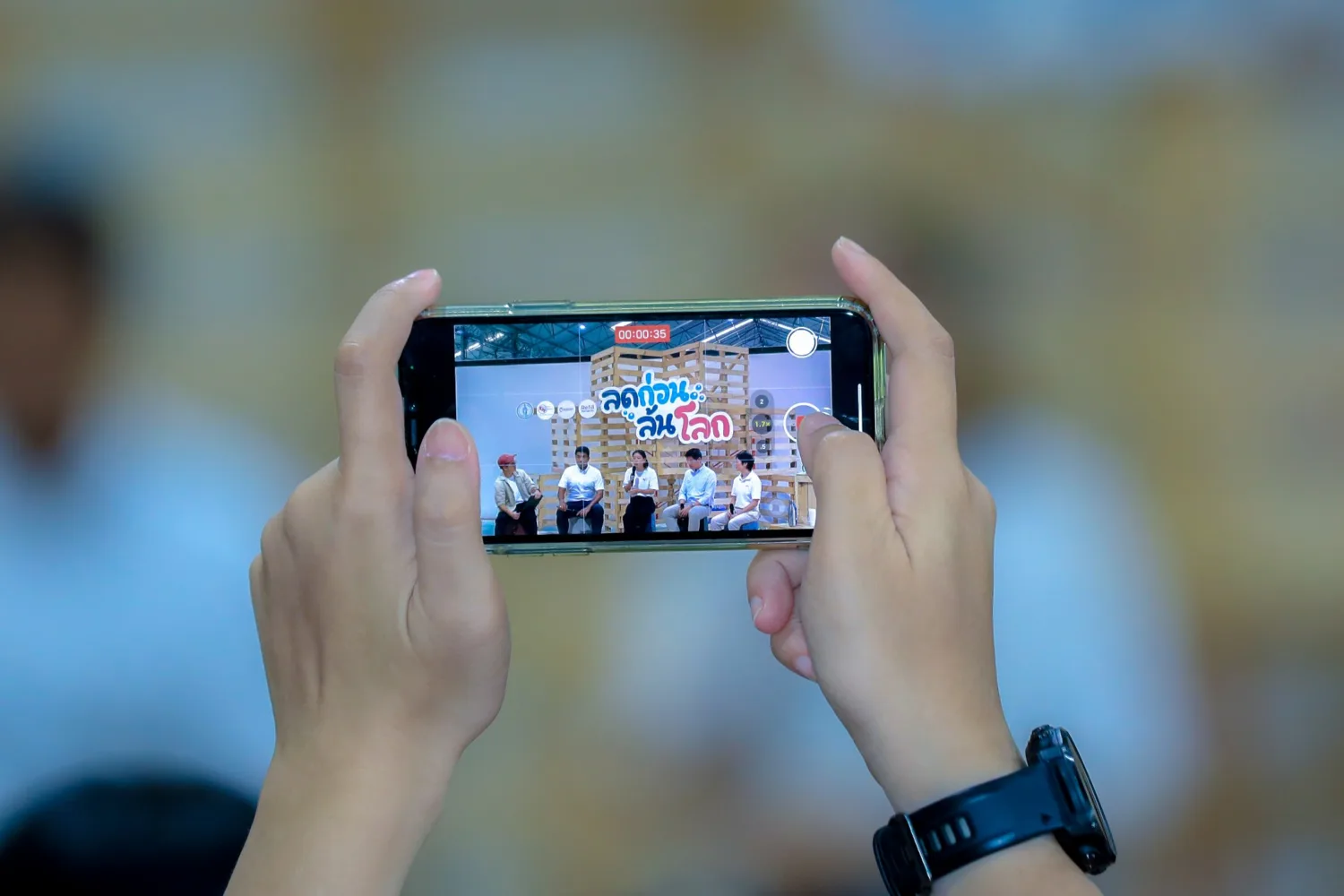
By increasing access to clean drinking water in high-traffic areas like public parks, the Bottle Free Seas project encourages Bangkokians to reuse their own bottles when using these public facilities, helping to reduce single-use plastic waste before it ends up in landfills, which on average weigh more than 1,500 to 1,800 tons per day.
EJF's research found that Bottle Free Seas' water dispensers reduce plastic bottle usage by 100,000 bottles per month. Furthermore, EJF's data shows that these dispensers save consumers at least 7,205,681 baht in plastic water bottle costs by offering consumers the option to take on the role of a water dispenser user, meaning the program is keeping plastic bottles out of the ocean and saving users money at the same time.

In the future, Bangkok and the Bangkok Refill network are committed to installing an additional 2,000 water dispensers by 2025, and aim to install up to 5,000 (or 100 per district) by 2026.
The EJF said the success of Bottle Free Seas is a reminder that simple, accessible and publicly supported solutions to the plastics crisis are waiting. It also pointed out that ultimately, ending plastic pollution must start with reducing the amount of plastic produced, and this proposal must be accepted at the fifth meeting of the Intergovernmental Negotiating Committee (INC-5) on the Global Plastic Treaty this November.
Steve Trent, Director and Founder of the EJF, said: “We now find plastic everywhere on the planet, from mountaintops to the ocean floor – and even in our own bodies. A common misconception is that we need to invest in expensive technologies or find alternatives like biodegradable materials to end this problem. But the reality is that we need to avoid relying on wasteful and littering single-use plastics. Reuse and refill systems should be a priority as the most effective way to end plastic pollution and clean up our planet.”
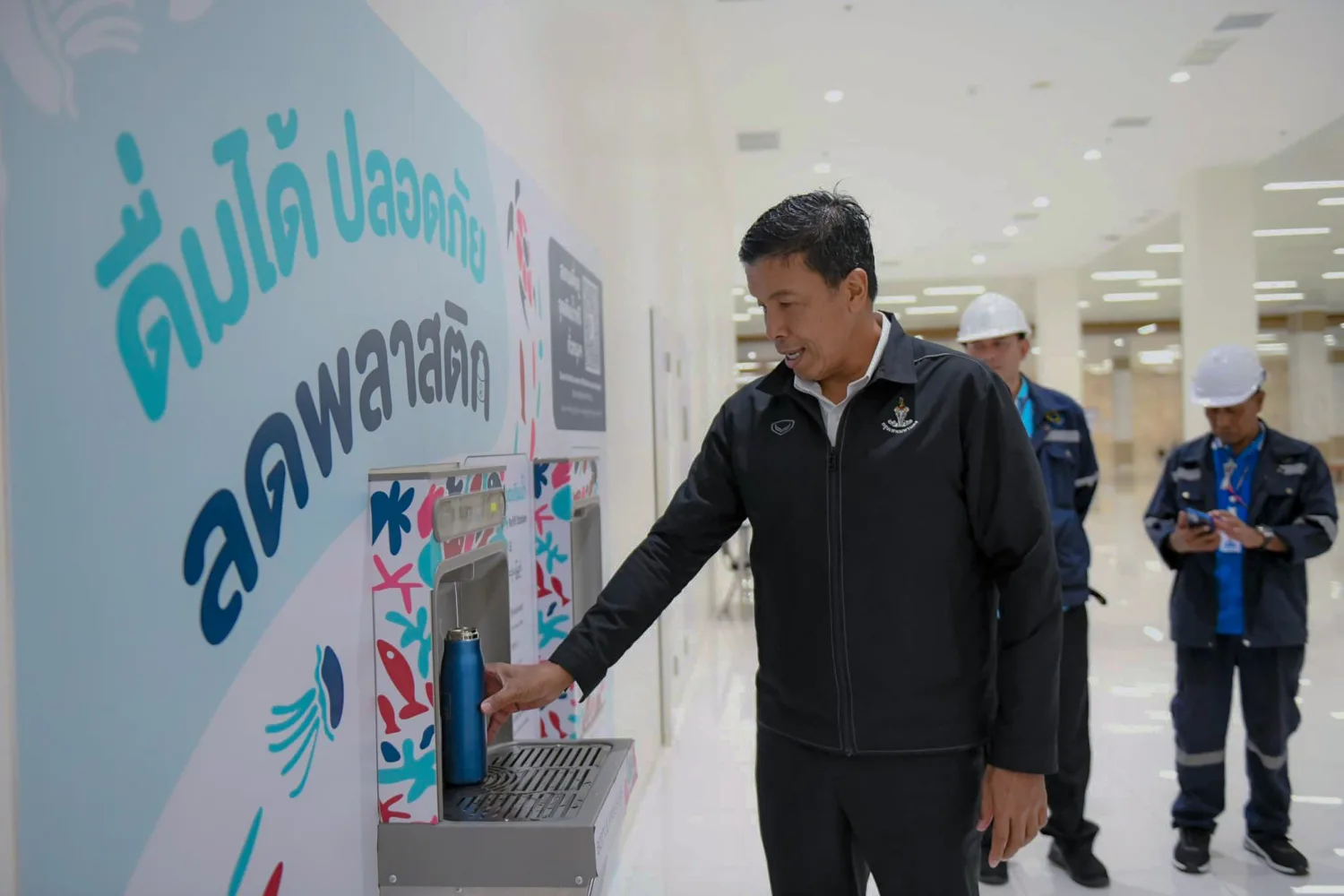
“At the upcoming INC-5 Negotiations in Busan and beyond, we will call for plastic production reductions, establish safe reuse standards, propose legal frameworks that support these reuse systems, and push for a plastics treaty that recognizes reuse as a key part of the solution.”
Bangkok Governor Chadchart Sittipunt said, "Thank you to EJF for working for Bangkokians. In Bangkok, we generate 1,500 to 1,800 tons of plastic waste per day, much of which comes from the bottles we drink. Establishing water refill stations where people can refill their own portable bottles will significantly reduce this problem."
"In the next step, the BMA aims to expand water refill stations throughout Bangkok. By fiscal year 2025, 200 more will be added to BMA offices, such as district offices, health centers, and sports stadiums. We also aim to encourage the private sector to install 2,500 such stations. Let's work together to reduce plastic waste by bringing our own water bottles to dispense drinking water."
Editor's Note
The Bottle Free Seas project is a collaboration between the Bangkok Metropolitan Administration (BMA) and the Refill Bangkok network, with funding from the Norwegian Retailers' Environment Fund (NREF).
EJF works globally to inform policy and drive lasting, systemic change for the sake of protecting the environment and protecting human rights. We conduct investigative work to expose exploitation and support environmental activists, indigenous communities, local communities and independent journalists at the forefront of the fight for environmental justice. Our campaigns aim to build a peaceful, equitable and sustainable future.
Our investigators, researchers, filmmakers, and campaigners work with local partners and environmental activists around the world. Our mission to fight for environmental justice is committed to protecting the world's climate, oceans, forests and wildlife, and basic human rights. For more information, please contact media@ejfoundation.org.
